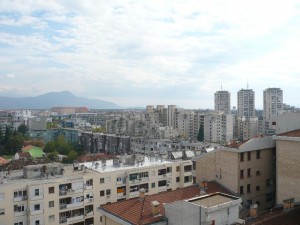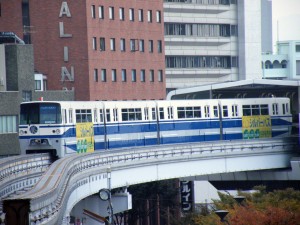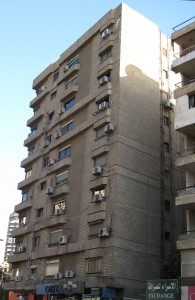Vancouver is pushing the same policies that have driven more than 1.6 million people out of California since the year 2000.
The radical push for new hyper-density development in narrowly confined corridors is done all in the name of saving the planet, even though increasing density and congestion worsens pollution and decreases safety.Locally, instead of using road user fees (gas taxes) to improve streets and highways to better accommodate the efficient flow of vehicular traffic, politicians and bureaucrats are pushing policies to consume user fees on public transit projects that will increase traffic congestion.
Rather than fit solutions – that are appropriate for the character and lower density of our community – politicians push for hyper-density in order to justify billion dollar light rail and bus rapid transit (BRT) systems that are only fit for super dense, inner city situations.
Even though Washington drivers pay one of the highest gas taxes in the nation to improve roads to relieve congestion, policies pushed by politicians coerce citizens to forfeit their freedom of mobility and penalize drivers with corridors that are congested by design. Politicians then clamor to add punitive tolls to force citizens out of their individual vehicles and squeeze them into high density, publicly subsidized, public transit.
Transportation bureaucracies, like the Columbia River Crossing Light Rail Tolling project (CRC), are staffed not by transportation experts who actually have experience building highways and bridges, but instead, are filled with environmentalists and public transit bureaucrats who have little or no experience designing or building highways or bridges.Nancy Boyd, Director of the CRC, rather than possessing expertise in designing highways or building bridges, is an environmentalist intent on restricting the flow of vehicular traffic and forcing drivers into light rail instead. The general lack of actual highway building expertise of the CRC bureaucracy explains the continuing history of dysfunction, errors and waste resulting in unbuildable prohibitively expensive debt-ridden boondoggles. Climate change environmentalists and public transit experts should participate in future projects. But highway transportation experts should staff transportation design agencies to ensure that we can actually design and build practical balanced highway infrastructure.
Millions in gas taxes each month are continuing to be siphoned from crucially needed road improvements and dumped into the incompetent CRC bureaucracy, $150 million in cash so far.
TriMet, Portland’s light rail bureaucracy, has over $1 billion in unfunded liabilities. They have their eyes on Clark County citizens through C-Tran as a new source of tax revenue. It would be a disaster of monumental proportions to hand the CRC an additional $10 billion funded by tolls forced on generations of Clark County commuters to underwrite Portland’s light rail extension into Vancouver.
The CRC bureaucracy lacks the expertise and balance necessary for a highway project. Where is the leadership and common sense of our city councils and county commissioners? The majority have ignored our previous vote to reject light rail and have approved this current CRC nonsense while denying us a vote.Local politicians gave the green light to the CRC to start closing downtown businesses, acquire properties and continue their practice of giving special favors to contractors without any open bids. Some of these properties are listed on the National Registry of Historic Places, including our historic bridge, which ODOT says is in excellent condition with at least another half century of useful life remaining.
We will follow up with a story with an evaluation from an international transportation expert who has engineered major projects in dozens of countries. Stay tuned.












